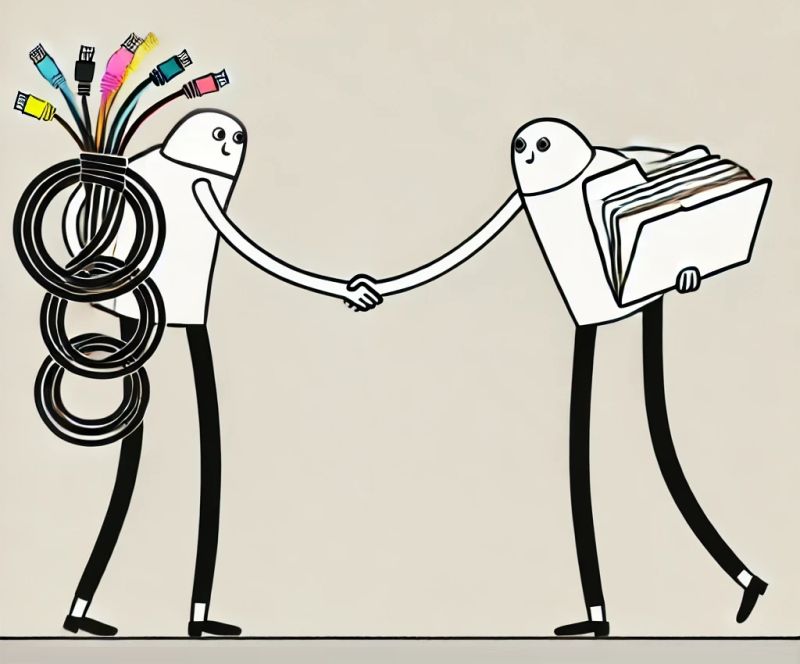"Data contracts" are currently making waves in the ever-evolving world of data management.
At first glance, the idea appears straightforward: data producers and consumers agree on clear terms for structure, quality, and performance. Throw in the idea of automated contract enforcement, and you’ve got a vision that makes everyone nod in approval: defined standards, smooth data exchanges, and no more miscommunication. What’s not to love?
But, as with most ideas in the data management world, reality is far more complex.
Implementing data contracts isn’t just about devising useful data structures. It’s a multifaceted challenge involving accuracy, timeliness, automated validations and, oh yeah, making sure every stakeholder is on the same page. Data contracts are way more than a technical fix—they require a cultural shift that needs to happen without turning the concept into a nightmare of bureaucratic red tape.
Data contracts are tools, not silver bullets. They won’t fix deep-rooted organizational issues (which are often the root cause of data management challenges). So before jumping in, companies need to take a hard look at themselves: Are they really prepared for this level of transformation?
Companies that are already agile and adaptable might thrive with data contracts. For others, seeing them as a cure-all for broader organizational challenges is a recipe for disappointment.
Ultimately, the question isn’t whether data contracts are a good or a bad idea per se. It’s about whether your company has the leadership and flexibility to make this vision a reality.
So, are data contracts your next strategic move—or just another distraction? The answer lies in your organization’s DNA. Choose wisely.
